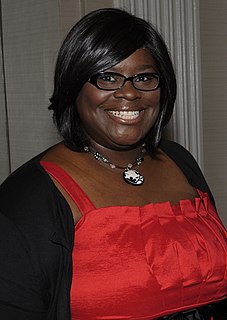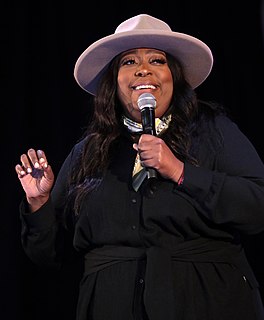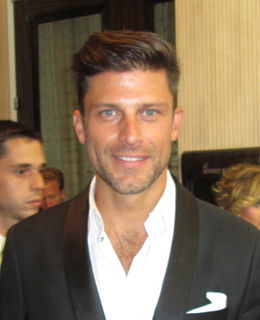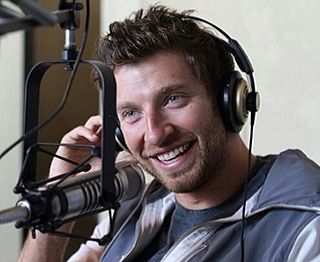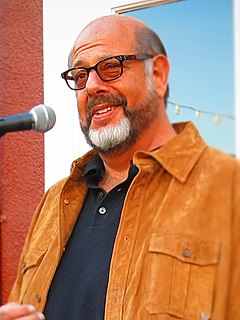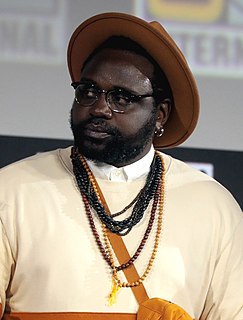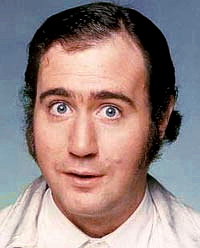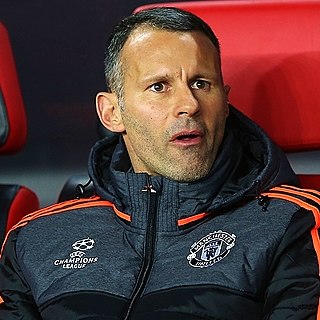A Quote by Retta
I started once a week in North Carolina at a pub called Charlie Goodnight and met a lot of comics there. Then I moved to L.A., and if you're not known, it's hard to get stage time. So you start out doing what they call 'bringers' - you have to bring five people if you wanna get on stage. It was a lot of hustle, a learning curve.
Related Quotes
I started by doing a little funny story, and then I started going to open mics. I realized I had a lot of work to do - you have to get over the stage fright and get your stage presence up. It took me some time, but I finally feel that I'm at a point where I feel comfortable on stage and giving my point of view.
My illness has changed me - I've always thought "life is short and I wanna make as much of it as I can," but I really don't have time to mess around. This has really been a wake-up call in terms of what's important, and I'm working hard to figure that out. I need to get better at not doing favors for people all the time. It's hard because there's so many people who have helped me get to the point where I'm in a band that people wanna come see, or where people pay money to see me lecture.
Work hard and follow your dreams. I work nine and a half hours a day, five days a week; it's a lot of hard work and sacrifices, but in the end, it all comes out to be worth it. If you want to get a head-start into the entertainment business, get into a performing arts school or start performing in a theater because that's one of the main places that agents and managers look for talent.
I think, as a comedian, the funniest you can be is with people you know, and [whom] you've known for years, in a pub. That's as funny as you get, and so the aim [while stand-up] is to get that funny on stage with 5,000 strangers, to get that funny in a room where people shouldn't be listening but they are.
I know a lot is going to be on our shoulders, especially the way we're starting games out. We have to start faster; I have to be sharper from the start, and I will be. And I'm confident that if we can get this thing started out a little better each week that we can get on that roll and be tough to stop.
When you go through a tunnel - you're going on a train - you go through a tunnel, the tunnel is dark, but you're still going forward. Just remember that. But if you're not going to get up on stage for one night because you're discouraged or something, then the train is going to stop. Everytime you get up on stage, if it's a long tunnel, it's going to take a lot of times of going on stage before things get bright again. You keep going on stage, you go forward. EVERY night you go on stage.
In my career, there've been three stages really. There's been the stage when you come into a team, you don't feel the nerves, you just go out and play. Then through your 20s you start thinking a lot more about the games and what's at stake. And then, as you get more experienced towards the end of your career, you enjoy it a lot more and you're a lot more relaxed.
